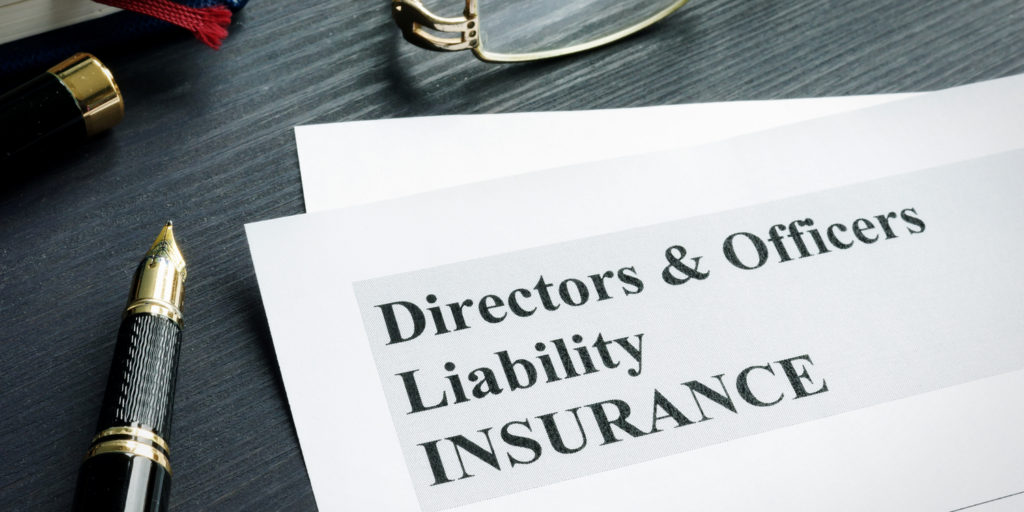Company directors have a number of legal duties and responsibilities to maintain. If they fail to meet these obligations or act unlawfully, they can be disqualified from the role and may face criminal prosecution. Obtaining company directors’ insurance provides a level of protection and the ability to mount a defence if any claims are made against the individual in the course of running a company.
What are the responsibilities of company directors and what is a wrongful act?
Directors are responsible for maintaining all company filings and record-keeping requirements. They must also comply with the general duties set out in chapter 2 of the Companies Act 2006, which are:
- Duty to act within powers
- Duty to promote the success of the company
- Duty to exercise independent judgement
- Duty to exercise reasonable care, skill and diligence
- Duty to avoid conflicts of interest
- Duty not to accept benefits from third parties
- Duty to declare interest in a proposed transaction or arrangement
Breaching any of these duties constitutes a wrongful act. Additionally, the following may be considered to be wrongful acts:
- breach of trust
- error or neglect
- misleading statements
- wrongful trading
Alleged wrongful acts can potentially lead to civil or criminal prosecution.
What is company directors’ insurance?
Directors’ and Officers’ Liability Insurance (otherwise known as D&O insurance) is generally designed to cover the cost of any claims made against directors and other company officers (i.e. company secretaries) in respect of alleged wrongful acts.
Civil compensation claims against directors may be lodged by shareholders, investors, employees, suppliers, or other third parties. Regulatory or criminal action may be taken for certain alleged behaviours, such as fraudulent trading.
- Our All Inclusive Package - the ideal way to set up a limited company
- 10 duties and responsibilities of a company director
- Appointing and removing a company director
D&O insurance covers the cost of defending any legal proceedings, as well as any compensation costs that may arise (unless these relate to fraudulent, dishonest, or criminal conduct that has been proven).
Please note: Company directors’ insurance policies will vary – terms and conditions should be checked carefully.
What is normally covered by company directors’ insurance?
D&O insurance generally covers current, future, and past directors and officers of a company. Although it will depend on the specific policy, the types of claims which will normally be covered include:
- Claims from regulators, shareholders, or investors that a director has failed to act in the company’s best interest
- Claims made by employees personally against a director (e.g. that they failed in their duty in relation to employment practices)*
- Liability for company debts in the case of insolvency etc.
- Disqualification and regulatory proceedings
- Other directors’ liabilities arising from claims of negligence, breach of duty etc.
* Please note: Companies can also normally purchase Employment Practices Liability Insurance to cover claims made against the company, as opposed to an individual director (this is different to Employer’s Liability Insurance).
What is not covered by company directors’ insurance?
It is important to note that Directors’ and Officers’ Liability Insurance only covers claims made personally against specific directors for acts or omissions in their role as company directors. It does not cover claims made against the company as a whole.
D&O policies also exclude fraudulent, dishonest, or criminal conduct (although they will defend such claims which have not yet been proven).
Please note that the information provided in this article is for general informational purposes only and does not constitute legal, tax, or professional advice. While our aim is that the content is accurate and up to date, it should not be relied upon as a substitute for tailored advice from qualified professionals. We strongly recommend that you seek independent legal and tax advice specific to your circumstances before acting on any information contained in this article. We accept no responsibility or liability for any loss or damage that may result from your reliance on the information provided in this article. Use of the information contained in this article is entirely at your own risk.








Join The Discussion